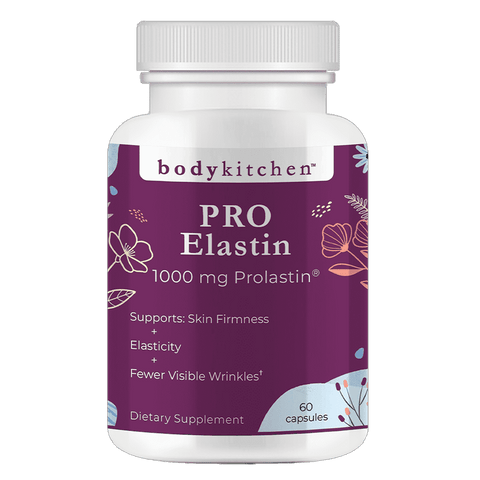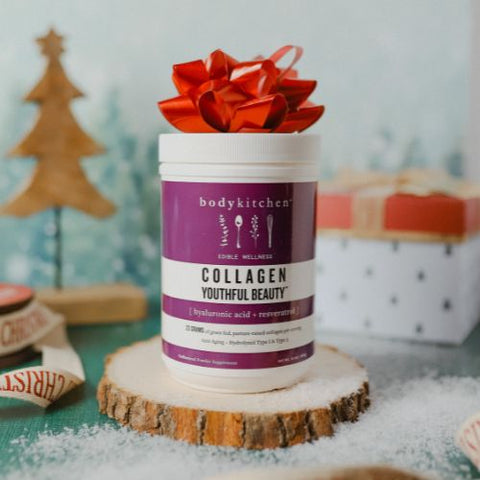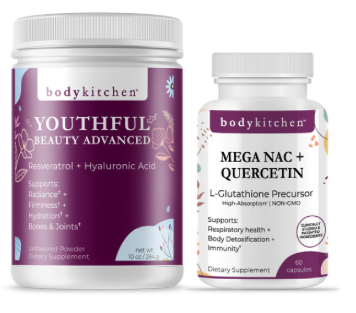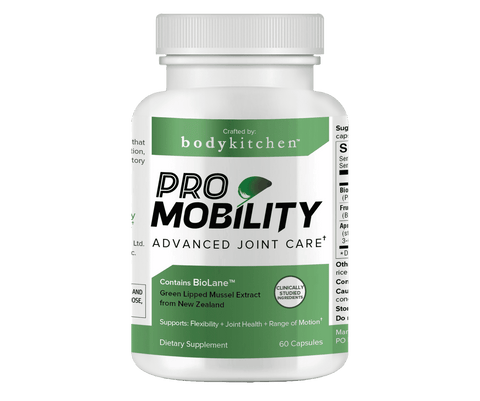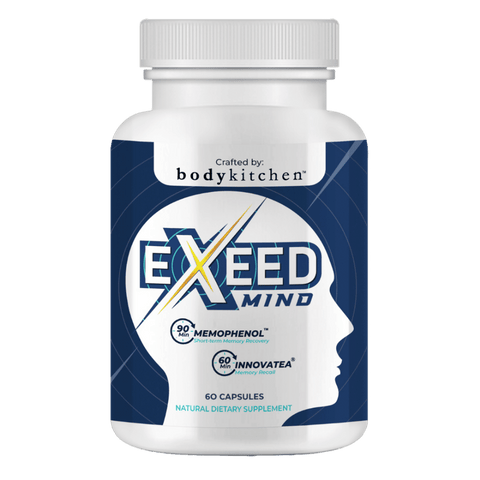SEASONAL AFFECTIVE DISORDER AND MOOD BOOSTING SUPPLEMENTS
Mental Health America reports that roughly 5% of Americans suffer from seasonal affective disorder and that many more experience changes in their mood during the winter months. While you can't do anything to shift the seasons, it is possible to boost mood and energy throughout the winter. Read on to learn more about seasonal mood disorder and how l-theanine, GABA, and ashwagandha benefits may help ease its symptoms.
WHAT IS SEASONAL AFFECTIVE DISORDER?
Seasonal affective disorder or SAD is a form of depression related to the change in seasons. Most people experience it during the winter months, but it is also possible to develop SAD during the summer. No matter when it occurs, seasonal affective disorder happens when changes in daylight disrupt the body's circadian rhythms that control the sleep-wake cycle. However, more research is needed to understand why this has been shown to interfere with the body's ability to produce neurotransmitters and hormones that play a role in brain function. Specifically, scientists believe that a drop in serotonin causes winter seasonal mood disorder and that reductions in melatonin are responsible for summertime SAD.
WHAT ARE SEASONAL AFFECTIVE DISORDER SYMPTOMS?
The winter blues are the most common type of seasonal affective disorder. During the winter months, those who suffer from SAD may experience:
- Persistent feelings of listlessness or sadness
- Lack of interest in hobbies and other activities
- Problems concentrating
- Sense of guilt, worthlessness, or hopelessness
- Fatigue and loss of energy
- Desire to oversleep or stay in bed
- Cravings for carbohydrates
- Weight gain
Summertime seasonal affective disorder causes the following symptoms:
- Insomnia
- Loss of appetite
- Weight loss
- Agitation and irritability
- Anxiety
- Problems concentrating
MOOD-BOOSTING SUPPLEMENTS FOR SEASONAL MOOD DISORDER
Mood-boosting supplements are commonly used to address symptoms of seasonal mood disorder. A more scientific study of taking herbs and other substances to boost mood during the winter or summer is still needed. Still, the results of early reflections and anecdotal accounts suggest that the following supplements may be beneficial.
TAKING A GABA SUPPLEMENT TO BOOST YOUR MOOD
GABA or gamma-aminobutyric acid is a neurotransmitter amino acid that your brain manufactures. It inhibits activities in the brain and the rest of the nervous system and functions as the body's natural relaxation aid. Research has shown that people with low GABA levels are more likely to experience depression and anxiety, two common symptoms of seasonal affective disorder. This has led to the use of GABA supplements for seasonal affective disorder. In addition to its potential mood-boosting benefits, GABA may also improve sleep, lower stress levels, and reduce blood pressure.
MOOD BENEFITS OF ASHWAGANDHA
Ashwagandha is a plant that grows in North Africa and parts of Asia. The herb has been used as an Ayurvedic treatment for centuries in India. Research shows that ashwagandha may support GABA production to raise levels in the brain. In addition, the herb is believed to make the brain more receptive to the effects of serotonin and act as an adaptogen, meaning that it may defend the body from the effects of stress.
One study found that people who took 600 mg of ashwagandha extract per day for two months saw a more significant reduction in symptoms of depression than those who didn't. Participants who took the herb also reported decreased anxiety at a greater rate than those who didn't. These findings point out that ashwagandha may help boost your mood and alleviate some symptoms of both winter and summer seasonal affective disorder.
L-THEANINE BENEFITS FOR THE WINTER BLUES
L-theanine is an amino acid present in tea and various plants. Your body doesn't need l-theanine to function correctly, but research indicates that taking it in supplement form could help boost your mood. Scientists speculate that the amino acid may work by regulating neurotransmitters dopamine and serotonin levels. Based on this research, medical providers sometimes recommend l-theanine to people with mood disorders like seasonal affective disorder. Specifically, an l-theanine supplement may improve focus, help you get more restful sleep, and reduce the effects of stress.
TIPS FOR SEASONAL AFFECTIVE DISORDER SELF-CARE
If you have wintertime seasonal affective disorder, talk to your doctor about whether a mood-boosting supplement that contains GABA, l-theanine, and ashwagandha like Body Kitchen Stress Release is right for you. Following these self-care tips may also help ease your symptoms:
- Get outside and enjoy the sunshine as much as you can
- Sit close to a window to get more light
- Talk to a therapist to discuss coping strategy
- Maintain connections with friends and family to avoid feelings of isolation
- Eat a diet rich in lean protein, whole grains, fruits, and vegetables to meet your dietary needs
- Avoid drinking alcohol to escape your feelings as this can cause worse symptoms
- Exercise regularly for a natural mood boost, weight management, and overall health benefits



